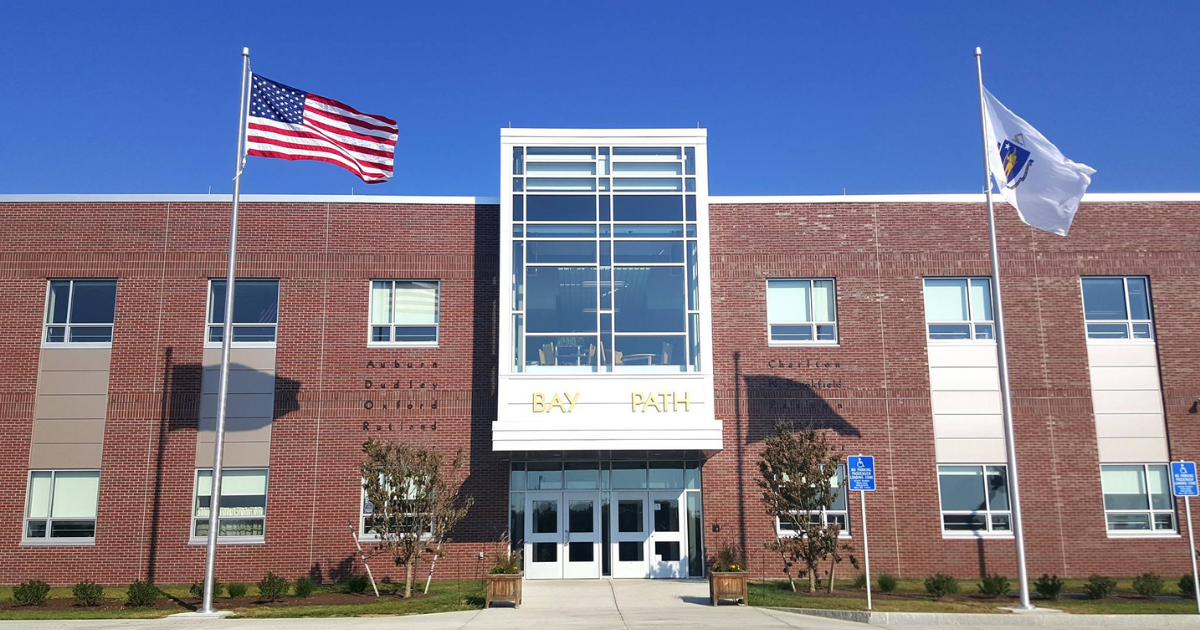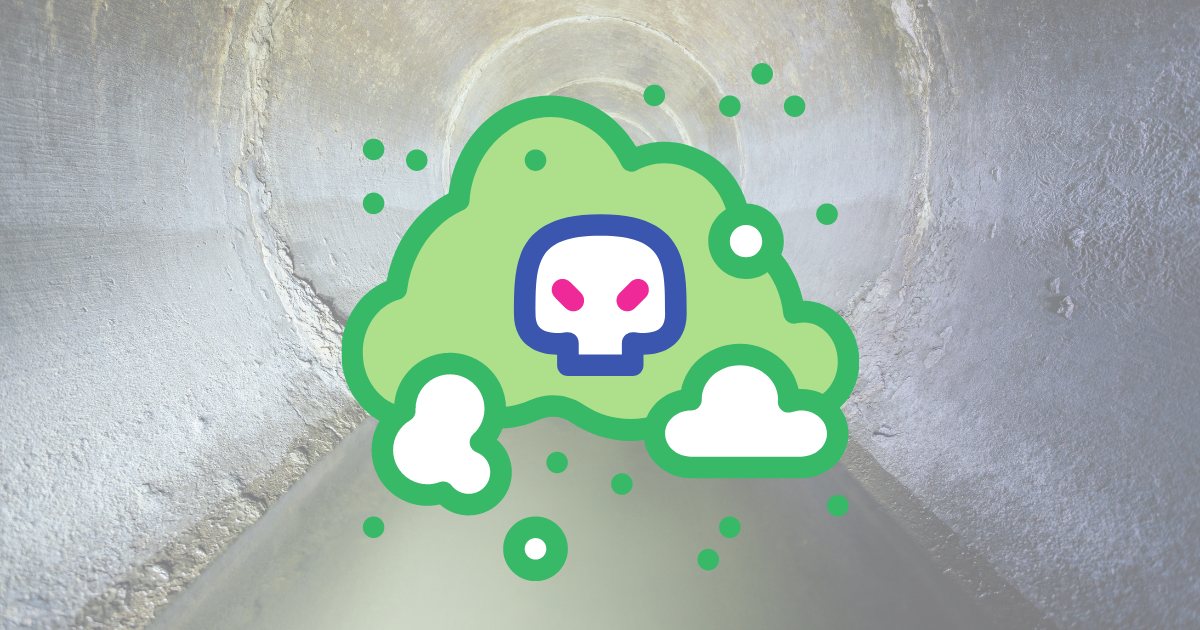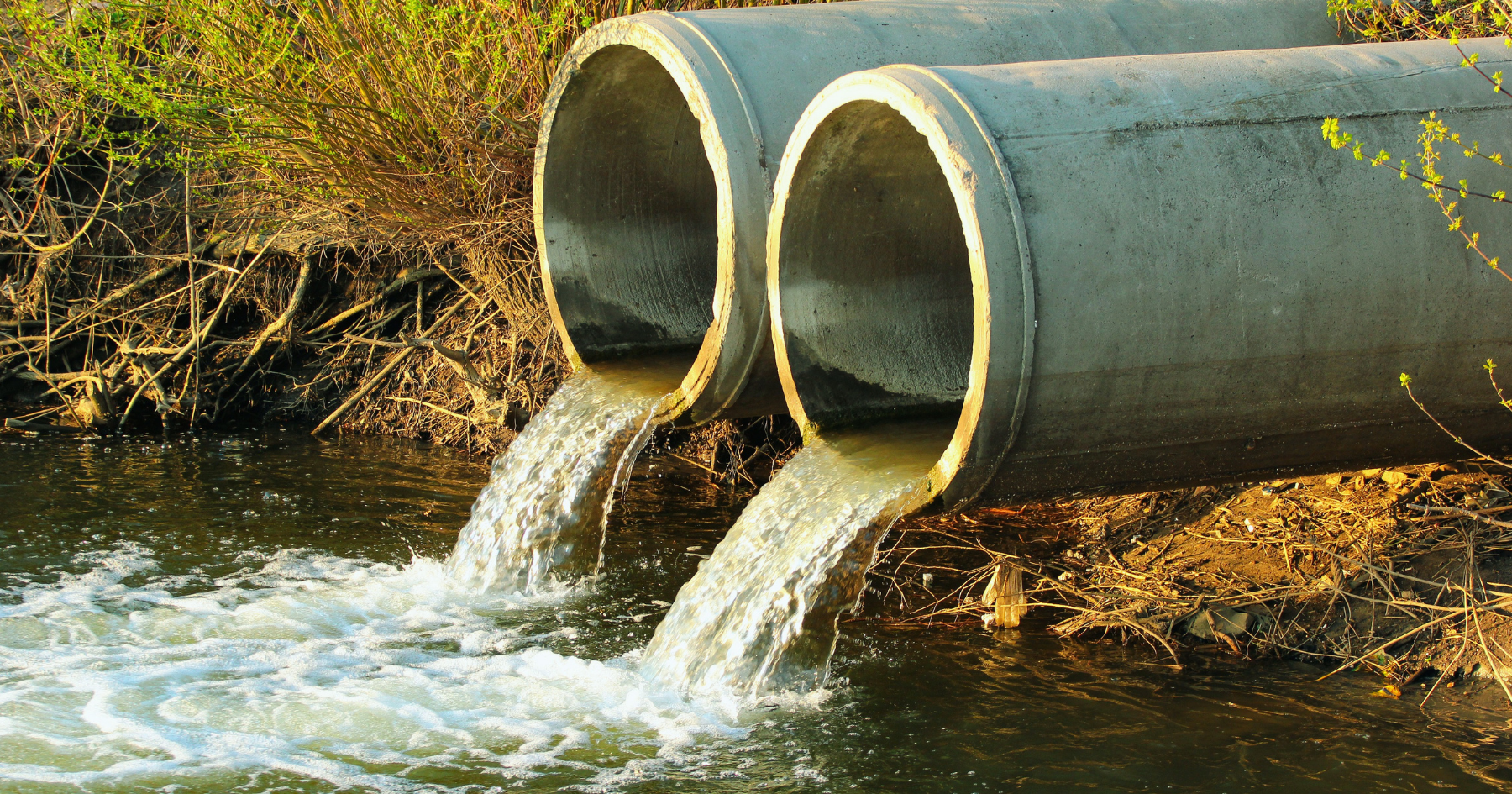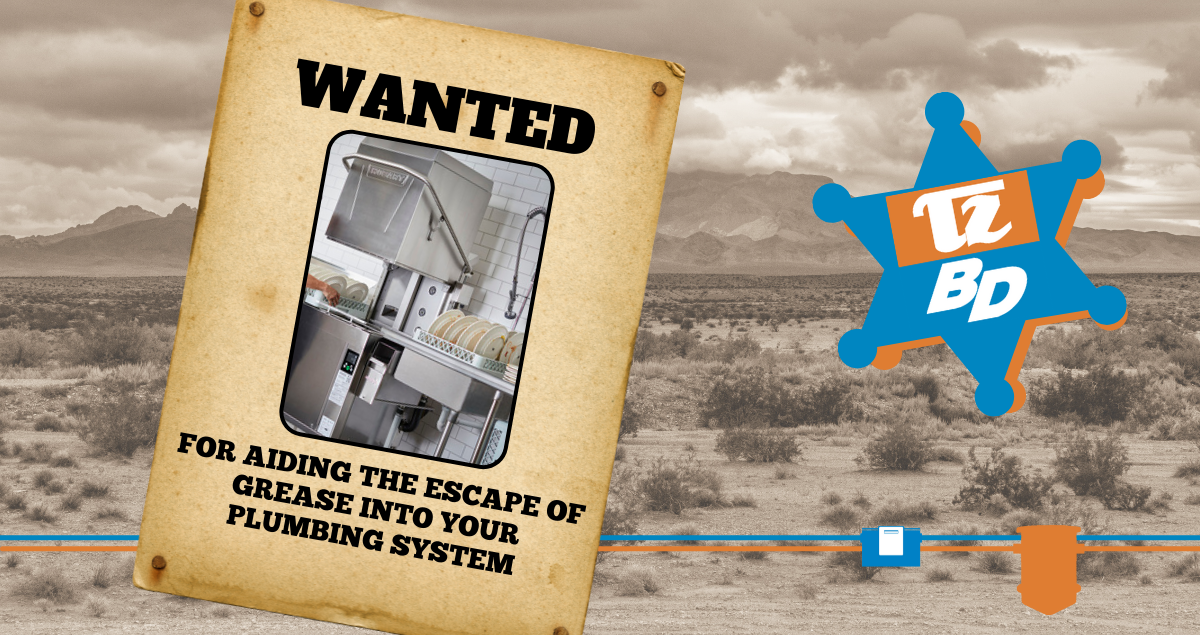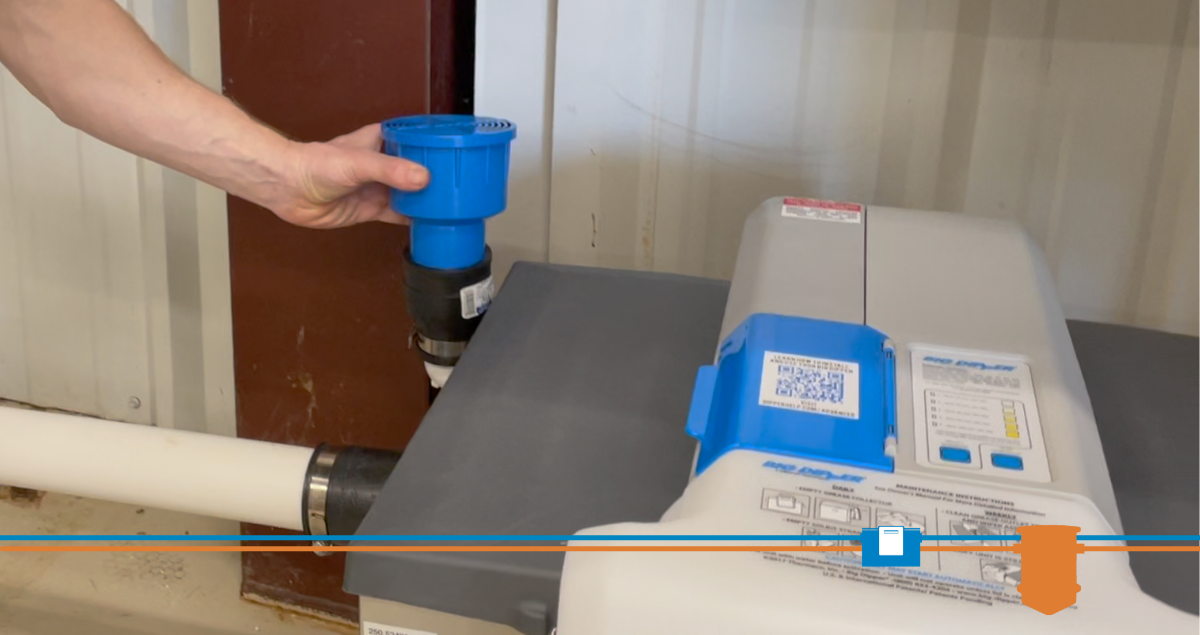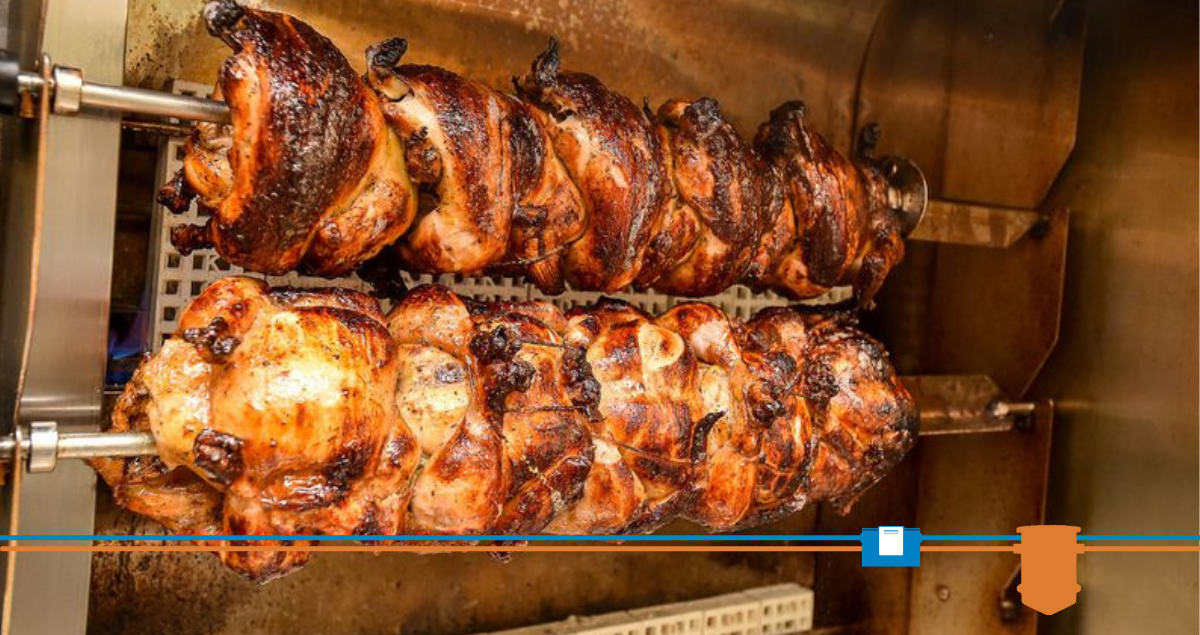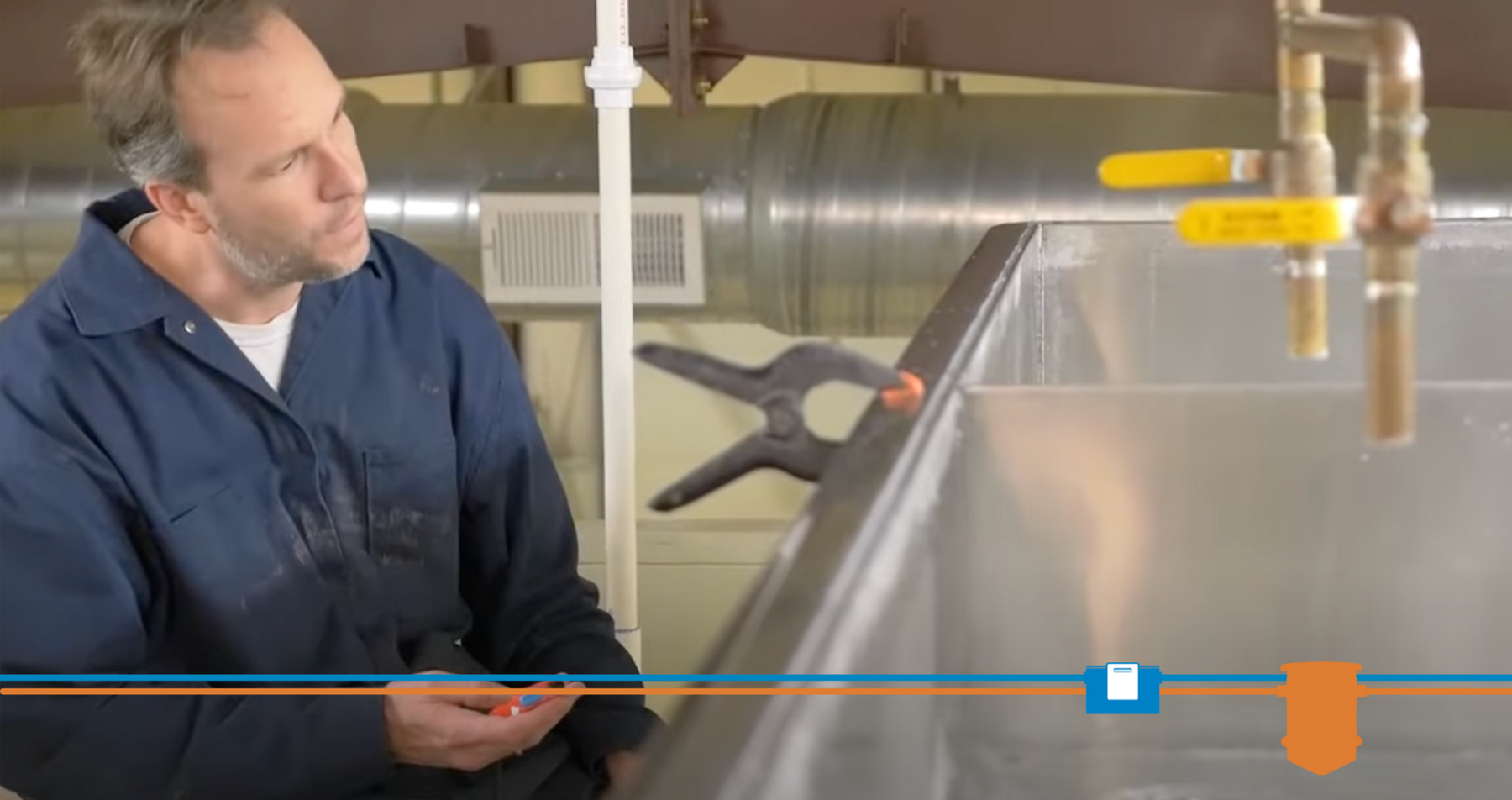The Road Back: Pretreatment F.O.G. Management During and After Pandemic
- Mar 18, 2021
- 0 Comments
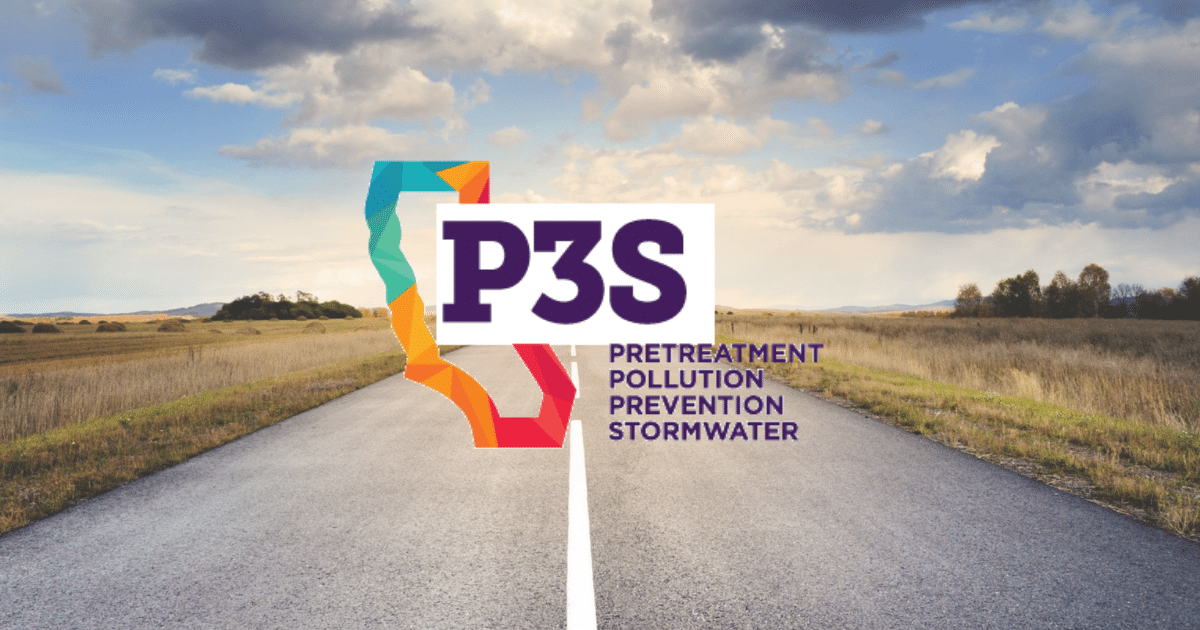
The 2021 P3S Virtual Conference (California Pretreatment Professionals), held Mar. 8-11, was a success. Among the many training topics were sessions focusing on F.O.G. It was inspiring to learn how many cities emphasize helping the restaurant/hospitality community get back on their feet. Examples include:
- The City of San Jose, which has created a streamlined permitting process for new restaurants and other retail food businesses with the stated aim of the process taking no more than 1.5 hours. You read it correctly, 90 minutes.
- The City of Los Angeles, which has created a Sector Champion position within the Public Works/Water Department to expedite re-licensing, getting permitted, and other actions.
- Numerous Pretreatment Departments that have developed internal plans for inspections and interim guidelines for businesses restarting post-pandemic.
Flexible Staffing During the Pandemic
Many cities threaded their way through Pandemic restraints by having staff commute directly from home to inspection sites. This arrangement worked well in most instances. However, several attendees highlighted shortcomings:
- Training is difficult, particularly bringing new staff up to speed with needed knowledge.
- Morale suffered a bit as folks missed seeing their workmates.
- Remote communications require extra effort
Attendees felt staffing flexibility, mainly commuting directly from home to the scheduled inspection sites, would be retained at times.
Someone asked if there was an increase in Sanitary Sewer Overflows (SSOs) during the pandemic. The answer was no. Although someone observed that SSOs typically increase during holiday periods because of family gatherings, cooking waste discharges, and sharply increased residential water use in those periods, the answer was no.
Attendees also asked the FOG Panelists for their preferences for types of grease separators. A reflective conversation ensued. The consensus was that maintenance is more critical than the type of separator installed. One panelist said grease separators need to be serviced when they need servicing. She added that small passive separators in some sites need servicing weekly, and some large in-ground separators need servicing every three months.
Odds and Ends from the P3S Workshop
Grease separators located in the drive-through lanes of fast-food restaurants are a significant hassle to inspect:
- The inspector has to put out traffic cones to prevent cars from coming through
- Time is of the essence, thus removing the covers and inspecting, including taking a sludge/grease depth assessment, must be done quickly
- The restaurant does not like losing business during the inspection
- Customers don’t like being unable to use the drive-through during the inspection
Another topic was safely removing cast-iron covers from grease separators. Experienced pretreatment attendees shared their thoughts on tools for making this easier and safer.
The overall tone of the conference was Post-Pandemic optimism. Many attendees expressed a commitment to help their cities in getting commercial sites up and running again. The other significant commitment expressed by attendees was continuing to find paths to ensure pretreatment regulation enforcement. The increasing use of data management systems to keep inspection records, site service manifest records and other pretreatment actions was a major discussion area at the P3S conference.
Summary:
- Pretreatment professionals successfully found ways to adapt during the Pandemic.
- Cities are implementing expedited permitting processes to help commercial clients get up and running again.
- Pretreatment enforcement continued unabated during the Pandemic

